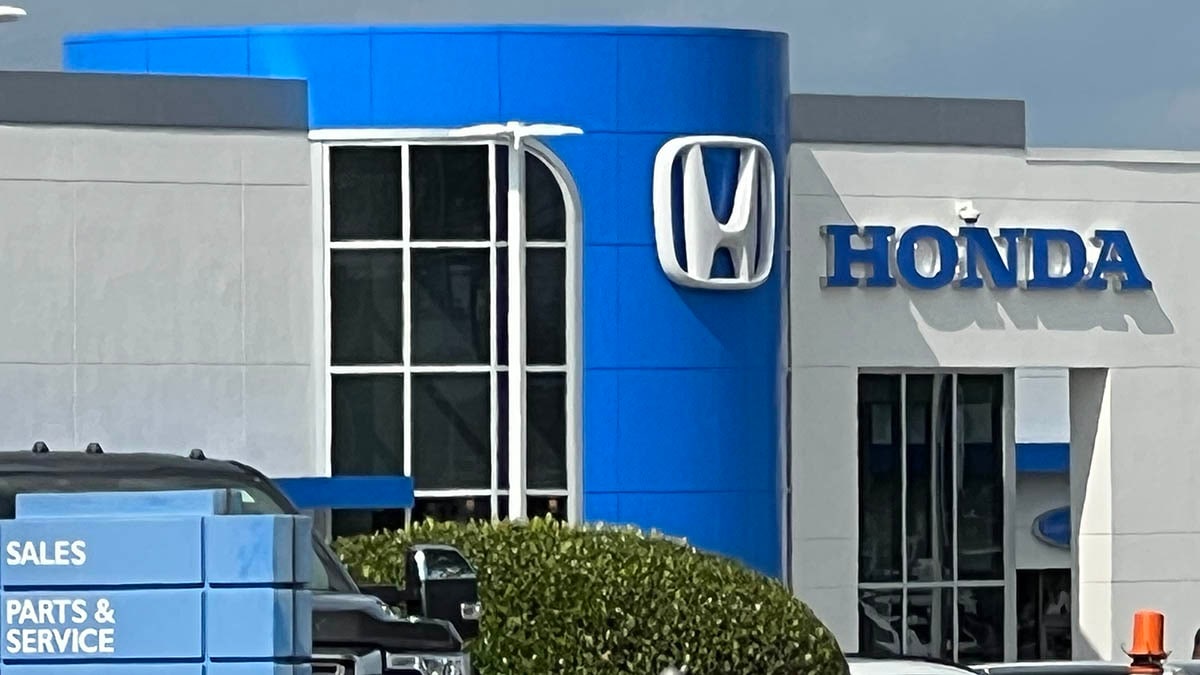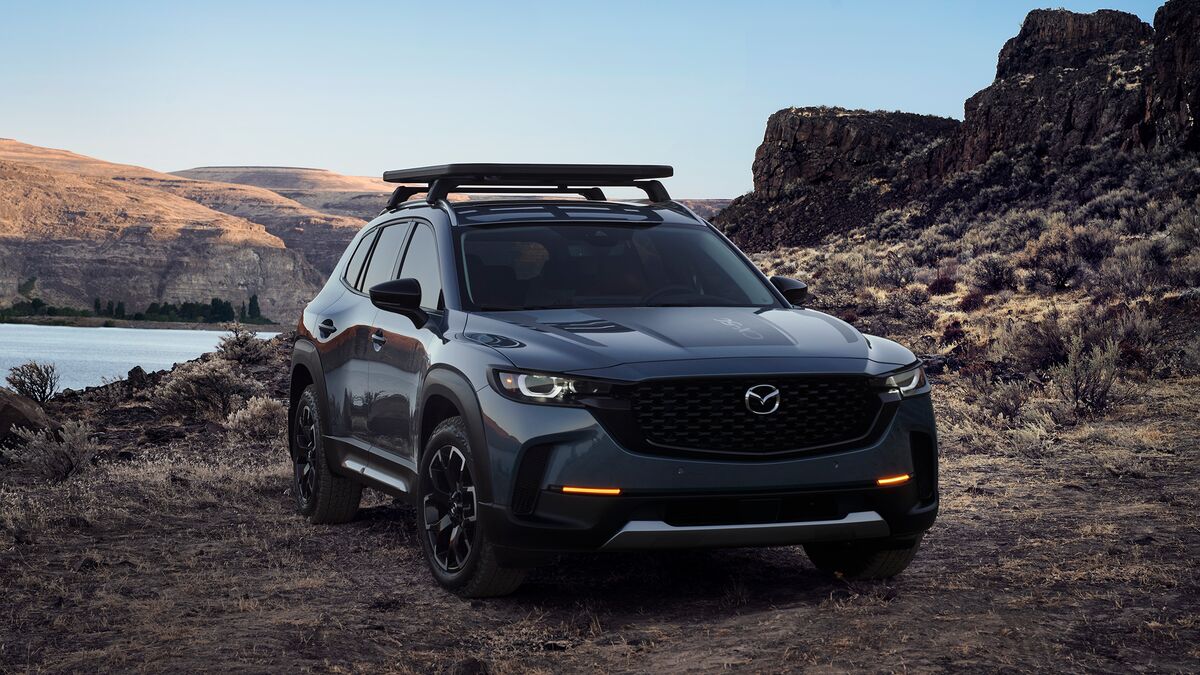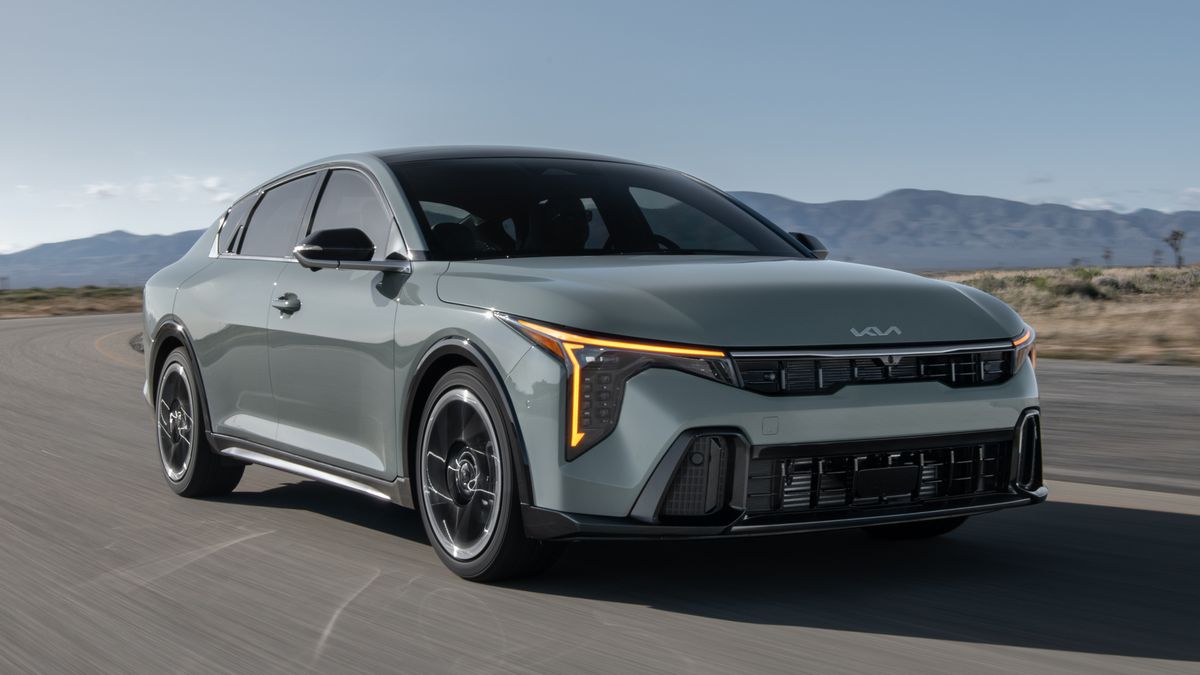The model has worked for over a century — automakers design and build cars, and local dealerships market and sell them. However, the traditional dealership model of car sales is increasingly under threat.
It will reach a Florida courtroom soon. Automotive News reports, “A large group of Volkswagen and Audi dealerships in Florida filed a lawsuit against Scout Motors over its direct-sales retail model and allege the startup’s reservation system violates state law.”
It’s the latest development in an escalating dispute between automakers and dealers over who should sell cars.
Direct Sales vs. Dealer Sales
The dealership model evolved early, mainly because engineering and sales are different skill sets.
America’s first car dealership opened in 1897, according to the Automotive Hall of Fame, when bicycle salesman William Metzger began marketing Waverly Electric cars in Detroit.
The arrangement spread around the country, with many early dealerships operating out of bicycle shops or even barns, according to NADA historians.
It benefited both sides. Automakers could focus on design and production, and rely on dealerships to understand the needs of local communities and build relationships with customers. Dealers could start businesses without the immense outlay of capital necessary to start a factory and could expand by working with more than one automaker.
It also spread risk. A poorly received model could sink an automaker in the early days. Dealerships gave automakers vital feedback on what worked and took part of the loss if an automaker miscalculated (see the famous Ford Edsel saga for more).
Dealers earn money through a complex financial arrangement. They often borrow money from banks owned by automakers to finance loans that help them stock cars. They then sell those cars to pay off part of this revolving “floorplan loan,” capturing profit from markups on the vehicles as well as fees to service and repair them.
Successful dealerships often became the anchors for local chambers of commerce and grew powerful in local and state politics. Many states wrote laws insisting that automakers couldn’t sell cars directly to customers — they had to work with dealership partners to comply with state law.
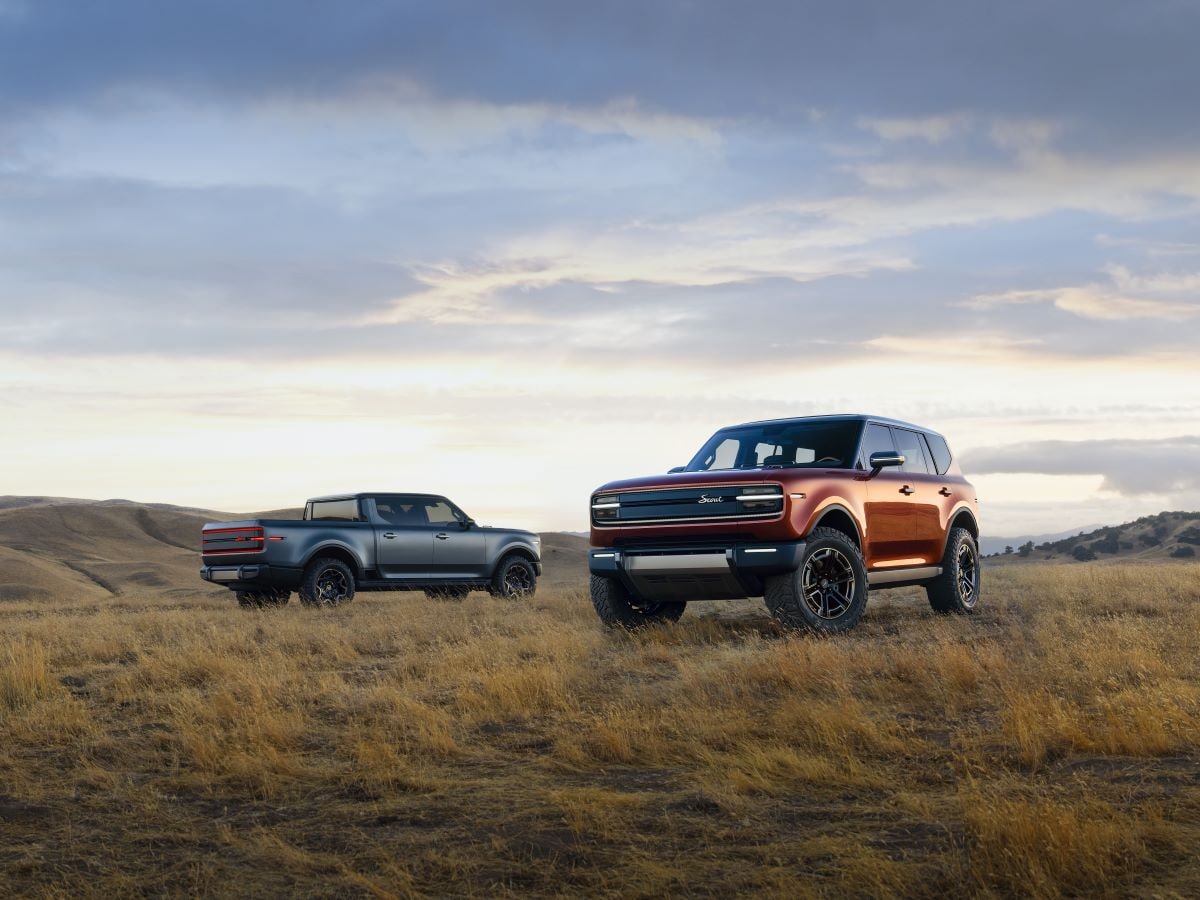
Startup Automakers Started The Fight
That began to change with the rise of Tesla.
Much of the public understands Tesla as a revolutionary automaker because it helped popularize electric vehicles (EVs), even if today its EV market share is slipping.
Industry insiders see another innovation. Tesla lobbied many state legislatures to change laws, allowing the upstart automaker to sell cars directly to customers without dealerships operating as middlemen.
It didn’t work everywhere. In some states, it owns its own dealerships. In others, it operates “galleries” where customers can test drive cars but not buy them. Potential buyers go home and order cars online.
In a handful of states, Tesla operates dealerships on Native American tribal land, which is generally exempt from state jurisdiction.
Startup automakers like Rivian and Lucid have followed in Tesla’s footsteps, selling cars directly to customers.
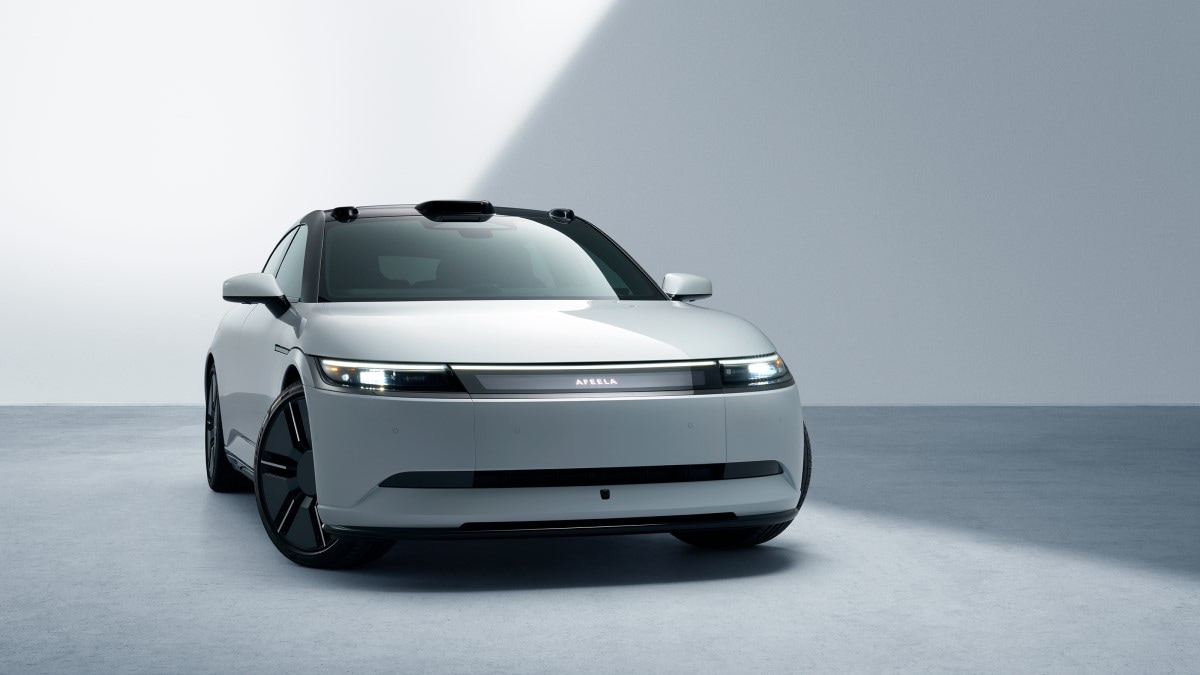
Now, Established Automakers Are Spinning Off Startups
This new fight, however, comes with a wrinkle — what happens when a long-established automaker with a dealership network creates a spinoff company that acts as if it were a startup?
That’s happened twice in the last two years. Volkswagen resurrected the Scout name, launching Scout Motors to build electric SUVs and pickups.
Honda joined forces with Sony to launch Sony Honda Mobility, a company that builds entertainment-focused luxury electric cars.
Both companies plan to sell cars directly to buyers online. Neither plans to work with dealerships.
Dealers, many with long-established business relationships with VW and Honda, say those cars should fill their showrooms. Automakers say the new companies are spinoffs and should be allowed to sell cars independently.
The Florida court case could be the first of several.
Longtime dealership industry leader Gary Gilchrist just concluded his term as chairman of NADA. At the organization’s annual showcase event in January, he told reporters that going around dealerships to sell to the public is “plainly illegal, and you better believe it will be challenged in every statehouse [and] courthouse across this country.”
“We have told Volkswagen and Honda repeatedly: Come to your senses,” Gilchrist told Automotive News. “Give up this crazy idea that you can take care of customers better than your dealer partners.”
In a statement, NADA President and CEO Mike Stanton said Sony Honda Mobility’s move would “compete with its Honda and Acura dealer network. Honda should understand that any misguided attempt to bypass or undercut its U.S. dealers will be challenged in statehouses and courthouses across the country.”
The Florida lawsuit could be the first to reach a ruling
